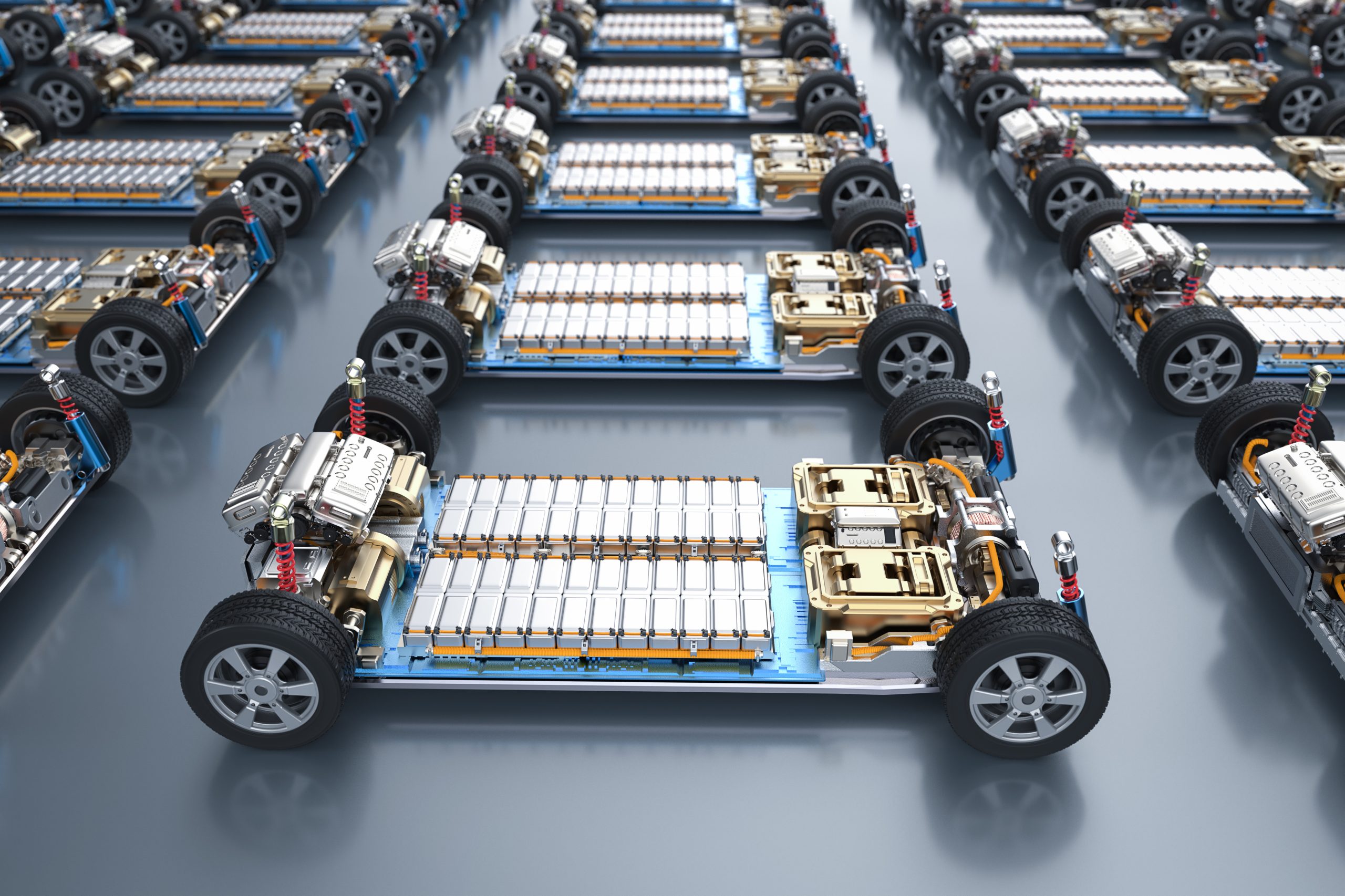An Overview of EV Batteries
Electric Vehicles (EV) Batteries have gained a lot of popularity in recent times, with people switching to electric cars and contributing to the reduction of greenhouse gases and pollution. EV batteries are the heart of an electric vehicle, as without them, your car wouldn't function. As they are now being widely adopted, there are a lot of technological advancements happening around them. Soon, EV batteries will come with such power that they will be able to work without being charged for weeks, making them suitable for everyday usage without any hassle.
Types of EV Batteries:
1. Lithium-ion Batteries:
Lithium-ion batteries are now commonly used in plug-in hybrids and all-electric vehicles. They have good energy capacity, which means they require very little time to charge and provide an efficient driving experience. Popular brands like Tesla, Hyundai, Nissan, and many others use lithium-ion batteries in a few of their car models. While lithium-ion batteries have become popular with many manufacturers, they are still very expensive, which contributes to the overall cost of an electric vehicle.
2. Nickel-metal Hydride Batteries:
This battery type was the most popular in the early 2000s before lithium-ion batteries came on the scene. It was commonly used in all hybrid electric vehicles (HEVs). While these batteries are not as expensive as lithium-ion batteries, they also provide a shorter electric range, making them less appealing for long-term usage. However, some brands still use Nickel-metal hydride batteries in a few of their vehicle models.
3. Lead-acid Batteries:
These batteries were the first type of rechargeable batteries, invented in the 1850s. They are no longer used in the latest electric vehicles because their battery life is short, they discharge easily, and they are too heavy and unsafe. However, they are still used for other purposes, such as backup power systems and boats.
4. Solid-state Batteries:
Solid-state batteries are known to be the future of battery technology because they offer several advantages over current lithium-ion batteries. They require less charging time, have a slower discharge rate, and are lighter weight, all of which contribute to improved efficiency. Solid-state batteries are still under development, but it is believed that they will be available on the market for public use from 2025 or even sooner.

Tips for Improving Battery Efficiency:
1. Avoid Extreme Temperatures:
Battery life is reduced when a vehicle is not properly maintained in extreme temperatures. During high temperatures, the speed of chemical reactions within the battery increases, causing it to discharge easily. And during low temperatures, there is a lot of pressure on the battery to warm up and work, which can put a strain on it.
To prevent battery damage in hot temperatures, consider parking your vehicle in a shady spot and investing in a battery cooler. For cold temperatures, it would be worth investing in a battery blanket.
2. Keep an Eye on Your Battery Percentage:
Don’t wait until your battery percentage reaches zero to charge it. It's best practice to charge your battery when it gets closer to 20 % and avoid charging it until it reaches 100 %, unless you are planning on traveling far. This will improve your battery life and help in maintaining its overall performance, giving you better mileage.
Charging Infrastructure:
The UK government is making constant investment plans to install 300,000 public electric vehicle charging points by 2030. This number would be equivalent to almost five times the number of fuel pumps in the UK. There are also a few grant schemes available to businesses to install EV charging points at their offices, so people can charge their vehicles while at work.
Many popular supermarkets, such as Tesco, have partnered with popular vehicle manufacturers, such as Volkswagen, to provide their customers with charging pods at very low rates, starting at 44p per kilowatt hour (kWh). There are also many fuel stations, such as Shell, that have created websites to help drivers find their nearest charging points in the UK, making the switch to EVs more convenient.
Future Developments:
Many innovations and new technologies are evolving rapidly with the rise of electric cars, contributing to the development of batteries. In the future, these batteries will become more powerful, efficient, and affordable than they are today. There are also many new Chinese car brands emerging to ensure that customers receive the best product for their investment.
We hope our article has provided an overview of EV batteries and their everyday transformation. However, should you have any questions, please don’t hesitate to contact us.
Tags: *electric_vehicles *ev_batteries *battery_management *charging *car_charging


